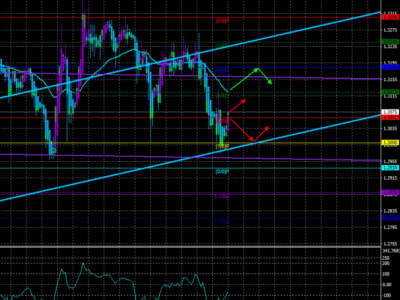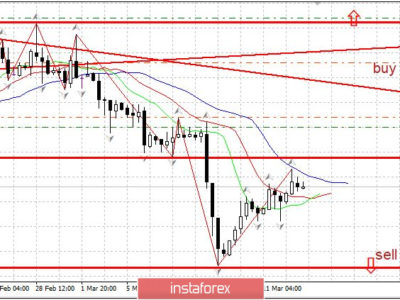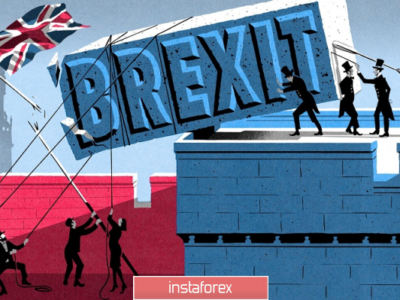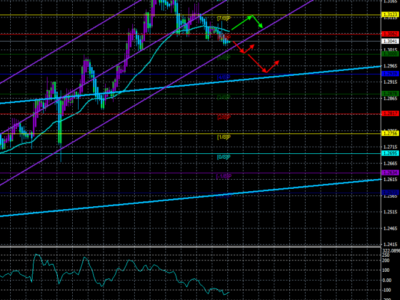From Grexit to Brexit: The Challenges of a Unified Europe
There came a certain point last year where it looked like Greece was ready to exit the Eurozone – if not under its own volition, then by force. The European Union, European Central Bank and International Monetary Fund – Greece’s troika of lenders – had just about had enough. Lo and behold, both sides managed to reach an agreement at the eleventh hour to avert a major disaster (although from Greece’s perspective, the terms of the agreement may have been just that).
Fast forward a year later, another potential exit threatens to shake the very foundation of a unified Europe. After decades of bickering and debate, Britain will finally head to the ballot box on June 23 to vote on whether to quit the EU. Latest polls suggest the Stay vote is in the lead, although this can change fairly quickly, as we’ve seen repeatedly over the past few months.
So the question is, why are so many countries in a rush to exit the EU? After all, wasn’t a unified Europe supposed to strengthen regional ties, promote free trade and boost economic growth to all involved? Unfortunately, the reality of the EU hasn’t quite measured up to the promise. This is especially true for the struggling and highly controversial Eurozone, which is a smaller bloc of 19 countries that share one common currency.
Brexit: Fanning the Flames of Euroscepticism
If you thought Greece’s departure from the Eurozone would have been big, you haven’t seen anything yet. Britain is Europe’s second-largest economy and its departure from the union would have both direct and indirect consequences. While the direct consequences would be felt more by Britain, the after-effect could destroy the EU project. Brexit would no doubt fan the flames of nationalist sovereignty within the fragmented EU, something we’re already seeing to some extent in places like Spain, Portugal, Italy and of course Greece.
This begs the question, why are so many countries considering leaving a unified Europe? To be perfectly clear, most of the dissention has been against the euro rather than the EU. But the same ingredients that precipitate a euro exit could also lead to EU fragmentation.
To answer the question, let’s take a look at some of the reasons why Britain may vote ‘Leave’ in June.
Sovereignty: One of the biggest arguments in favour of leaving the EU is increased sovereignty on important policies ranging from immigration to trade.
Economics: EU membership carries a heavy price tag in terms of direct and indirect cost. Unfortunately, not everyone sees the benefit.
Regulations: Without an open EU, small businesses aren’t bound by regulatory hurdles imposed by politicians in Brussels.[1]
Nationalism: Generally, Euroscepticism is more common among conservatives, nationalists and other right-wing voters[2] that seek to promote nationalist interests.
The Case for a Unified Europe
With British Prime Minister David Cameron campaigning hard for Britain to remain part of the EU, voters are beginning to see that membership in the 28-nation bloc isn’t all bad. After last year’s heavy dose of Grexit and this year’s ongoing Brexit talks, it’s important to make the cause for a unified European Union. After all, the EU itself was a monumental achievement when you consider the region’s bitter history, even in recent times. The EU was formally established on November 1, 1993 after the Maastricht Treaty came into force. But its origin stretches back all the way to the post-WWII era when policymakers saw a need to establish unity between Germany and France.[3] This is definitely a legacy worth protecting.
On to more practical reasons, there are millions of jobs linked to EU membership. Intra-EU trade – that is, the value of cross-border trade between EU member states – was valued at 2.8 trillion euros in 2013, up from 800 billion euros in 1992. This not only reflects the increase in the number of EU member states, but the deepening relationship among those members. This is clearly shown by the fact that trade between the EU and the rest of the world is lower than intra-EU trade. EU-world trade was valued at 1.7 trillion euros in 2013, up from 500 billion euros in 1992.[4]
EU membership also makes it easier for workers to travel and live abroad, making movement around the continent easy and convenient. Increased integration also leads to cooperation in many other areas, such as fighting crime. For example, the European Arrest Warrant has removed the requirement for long extradition procedures, allowing criminals to be brought to justice anywhere within the EU.[5]
As the world’s biggest market, the European Union exerts a tremendous amount of influence on the world. This gives Europe a competitive and meaningful voice across a range of issues relating to economic development, trade, climate change and many others.[6]
Averting the Storm
With Greece narrowly escaping default and remaining part of the EU, it’s all up to British voters to either ensure the integrity of the European Union project or put the first nail in its coffin. Analysts generally agree that it would take just one domino to fall before contagion spreads throughout the region. It would be difficult to contain nationalist sentiments in many parts of Europe should Britain exit the EU. It’s a risk that British voters must carefully weigh when they head to the polls in a few months. A Stay vote would certainly slow the spread of Euroscepticism, at least in the immediate term.
[1] The Week UK (November 11, 2015). “EU referendum: the pros and cons of Britain leaving Europe.” The Week UK.
[2] Ashley Kirk and David Knowles (February 26, 2016). “EU referendum: Who in Britain wants to leave, and who wants to remain?” Telegraph UK.
[3] Michael Wilkinson (February 1, 2016). “What is the EU, why was it created and when was it formed?” The Telegraph UK.
[4] Eurostat (December 2014). Intra-EU trade of the most traded goods.
[5] Sky News. EU Membership: Reasons For And Against Leaving.
[6] Sky News. EU Membership: Reasons For And Against Leaving.
The post From Grexit to Brexit: The Challenges of a Unified Europe appeared first on Forex.Info.
Source:: From Grexit to Brexit: The Challenges of a Unified Europe













